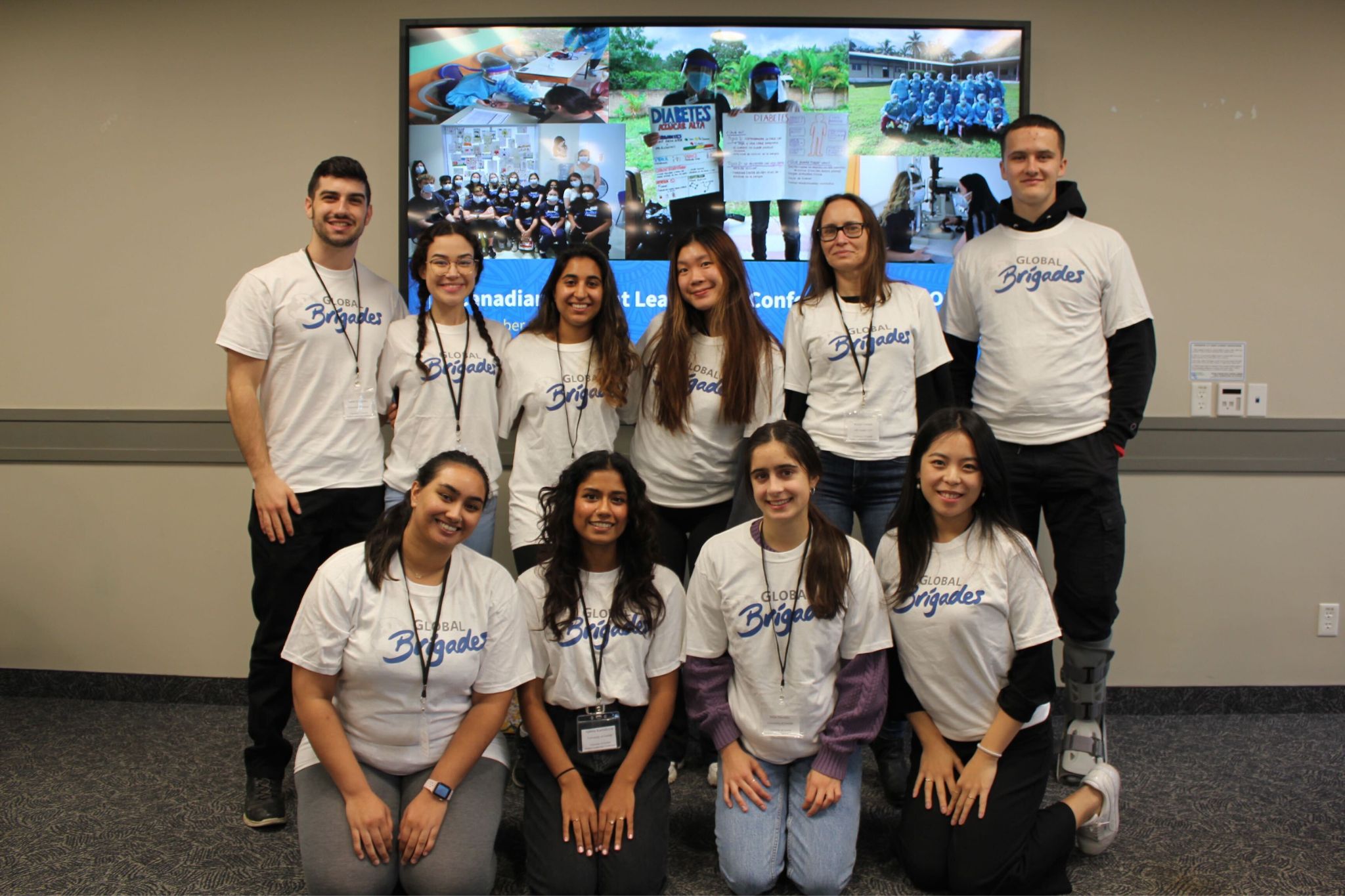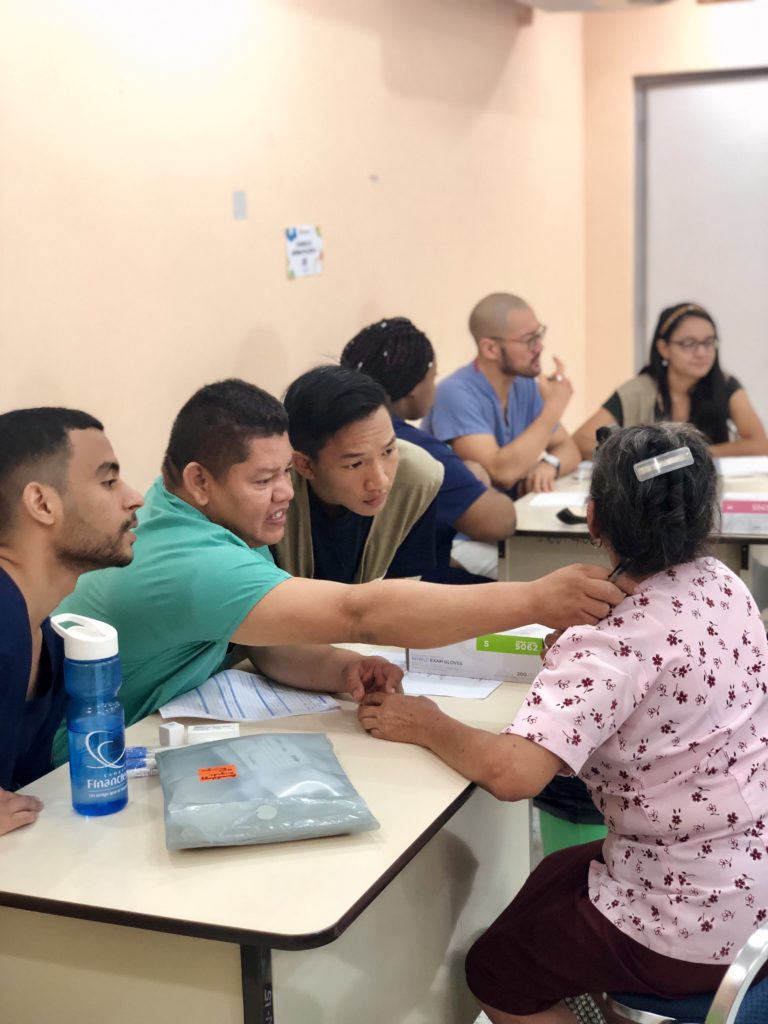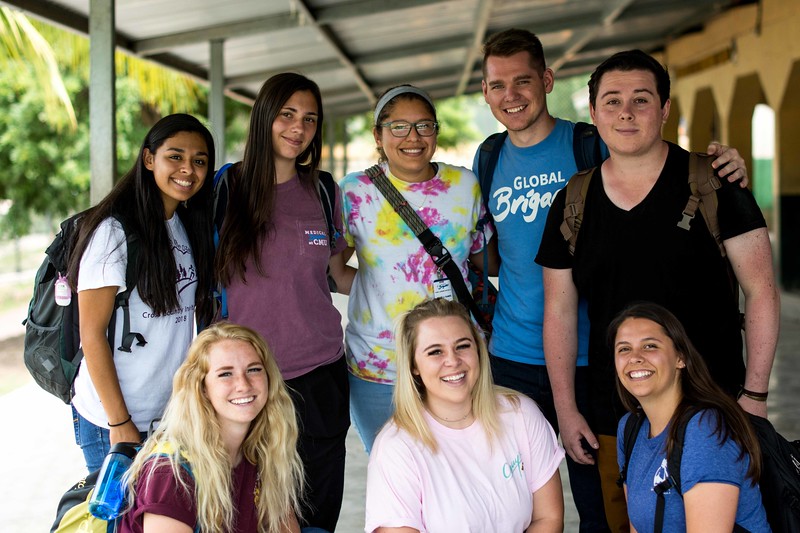A university pre-med club is a student organization specifically designed for students who are interested in pursuing a career in medicine. These clubs provide resources, information, and support to help students prepare for medical school and a future as a physician.
The best pre-med clubs at your university may offer opportunities for:
- Shadowing
- Professional skill development (leadership, time/money management, project management, etc.)
- Clinical experience
- Networking with peers and medical professionals
- Community service
- MCAT study and preparation
- Medical school application coaching
We’ve compiled a list of the best pre-med clubs to join or start at your school, plus what to expect and a few frequently asked questions.
What to Expect at a University Pre-Med Club Meeting
Each university club operates differently depending on the pre-medical students that are running the organization.
A few of the most common activities include:
- Guest speaker events with medical professionals
- Workshops on medical school applications
- Volunteer opportunities in healthcare settings
- Networking and mentoring events
- International volunteering training, fundraising, and planning
- Targeted study sessions (for specific classes, MCAT study, etc.)
Global Medical Brigades chapters, for example, spend club time learning about global partner communities they’ll volunteer in, how to fundraise, practice a foreign language, and how to shadow physicians in the field.
Pre-med clubs also often offer guidance on course selection, MCAT preparation, and strategies for writing a compelling personal statement. Even if that’s not the only focus, your club may benefit from partnering with organizations like MedSchoolCoach to improve your students’ medical school application.
The goal of a university club for pre-med students should be to help prepare students for a future medical career in some way.
Top Picks for Pre-Med Clubs
A handful of well-known national organizations have clubs or chapters at universities nationwide. Some of the most popular clubs for pre-meds include these student-run clubs because they benefit from a credible parent organization that offers structure and support.
Our top picks for pre-health student clubs are as follows:
1. Global Medical Brigades
Our focus at Global Medical Brigades is to improve healthcare and infrastructure in under-resourced communities abroad. All of our Brigades are student-led and provide an ethical opportunity for shadowing licensed professionals, volunteering, and gaining clinical experience in medical screenings, all while making a sustainable impact on the public health of partner communities.
If the chance to gain firsthand global health experience, develop cultural competency, and participate in impactful service projects interests you, we encourage you to become a Chapter Leader or join an existing Chapter on your campus.
It’s not just a chance to bolster your med school application; leading a Global Medical Brigades chapter will expand your capacity to lead others and understand global healthcare.
Start a Brigade on your Campus
2. American Medical Student Association (AMSA)
AMSA promotes personal and professional growth of medical students through advocacy, community involvement, and leadership development. Pre-med students will have access to resources to expand their medical education, be given networking opportunities with peers and health professionals, and be exposed to critical healthcare issues.
3. Alpha Epsilon Delta (AED)
This pre-med honor society highlights academic excellence, leadership, and professional training. By providing recognition for their academic achievements, students will have better access to scholarships and opportunities to engage in community service and healthcare-related activities.
4. Health Occupations Students of America (HOSA)
HOSA specializes in providing future physicians with skills and leadership experiences in various health-related fields. Pre-med students benefit from hands-on experience, competitive events, and networking opportunities, which are crucial for a successful career in healthcare.
5. American Medical Women’s Association (AMWA)
AMWA aims to give a helping hand to female pre-med students as they navigate the path to becoming doctors. It's a great spot for finding mentorship, networking, and ample resources tailored just for women making their way in the medical field. Their advocacy arm helps increase awareness for female-centric issues within the healthcare community.
Other Types of University Clubs
Your campus will have a variety of student groups on campus. Not every extracurricular activity that you participate in as an undergraduate student (or even as a graduate student) has to be strictly focused on medicine.
You can join fun tech and gaming clubs, art and music groups, groups for political outreach, sports clubs, and language clubs. Outside of social and recreational clubs, many universities will also have job boards and volunteer posts for you to get involved in your local community.
Giving your brain a break from focusing on which school of medicine you’ll be attending or your med school application process is good for your well-being. Plus, medical school application committees love well-rounded students — so if you’re passionate about international medicine or tech or art, join clubs that allow you to follow those passions.
Pre-Med University Club FAQ
Are clubs important for med school?
Yes, clubs are important as they provide opportunities for leadership, community service, networking, and gaining insights into the medical profession. They can significantly strengthen a medical school application.
What extracurricular activities do you need for medical school?
Medical schools value extracurricular activities that demonstrate a commitment to healthcare, such as volunteering at hospitals, shadowing medical professionals, and research. On the other hand, they want to get a holistic idea of you as a medical school candidate and extracurriculars that are not related to the medical field show your diversity and range of interests.
What if I don't have time for clubs?
If time is a constraint, consider a club that allows for virtual attendance or records important events. You don’t have to actively be involved in every meeting, but clubs can provide access to short-term volunteer opportunities or online webinars and workshops related to medicine that are still beneficial to your education and future career.
What are some benefits of joining a club for pre-med students?
Joining a club offers networking opportunities, mentorship, hands-on experiences, and a deeper understanding of medical careers. Clubs can also provide emotional and academic support through connections with peers and advisors. You might be able to find a study buddy or a new friend who has advice and tips on a tough course you’re taking.
What is the best club for pre-med students?
The "best" club varies based on individual interests and career goals. AMSA, for its extensive network and resources, is often highly regarded. Global Medical Brigades is well-known as a leading ethical international volunteering organization. However, you should choose clubs that align with your specific interests and career aspirations.
For example, if you are interested in a specific specialty, you may be able to find a club or group for that, like Omega Delta Pre-Optometry Club or the Dermatology Interest Group. If you’re interested in public health policy or dentistry, you might consider Public Health or Dental Brigades.
A Club That Can Take You From Campus to Your Future Career
University clubs for pre-meds are more than just a field to fill out on your medical school application. They are places to explore your passions, develop your skills, and build your professional network. There are student-led clubs and organizations for your specific interests on campus.
Don't miss the opportunity to get the most out of your university experience and begin paving the way for a successful medical career.
For a university club that made a sustainable, lasting difference in communities abroad, get involved with Global Medical Brigades.





